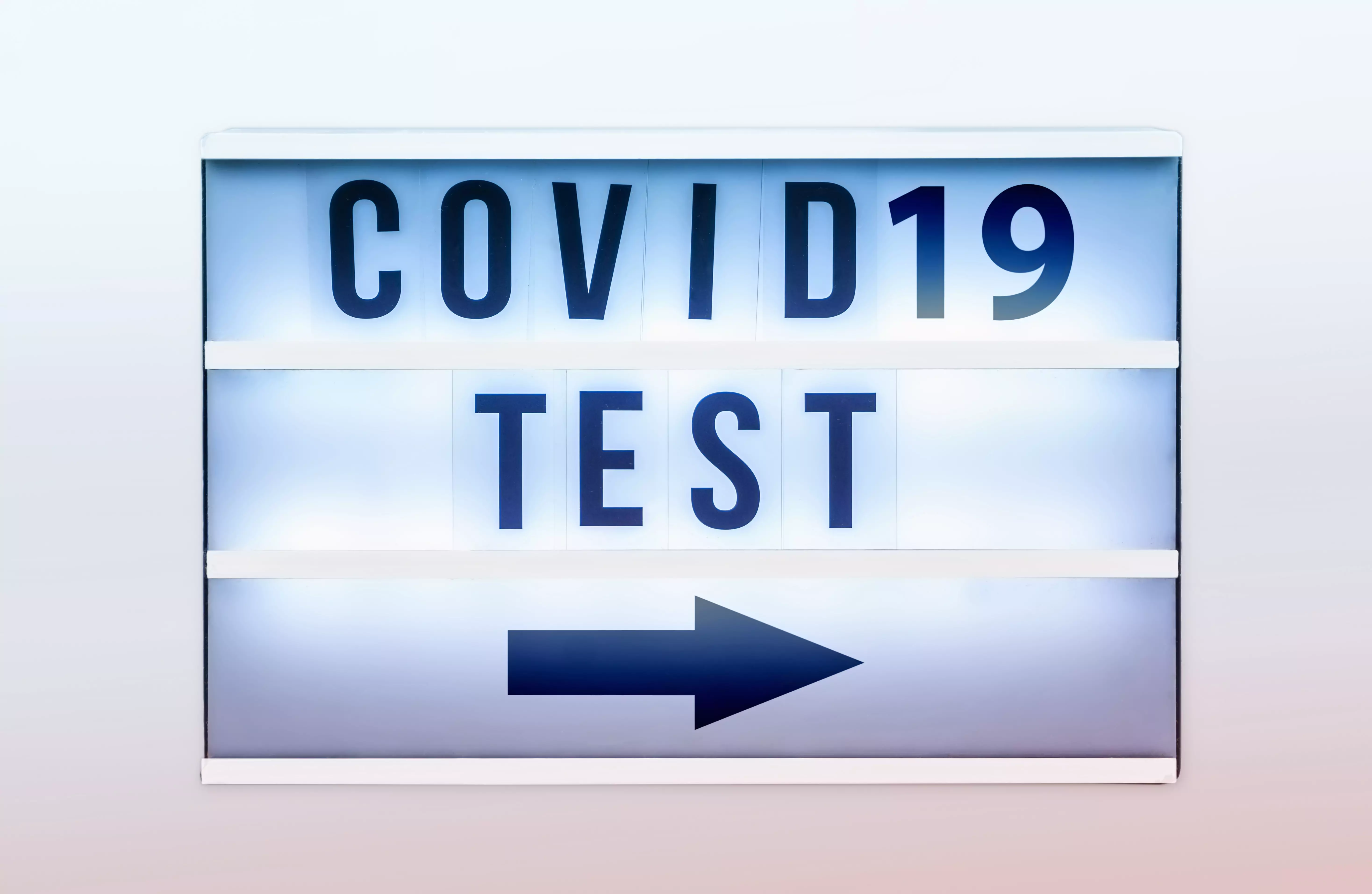Tests for COVID-19: How do they work and which are the most effective?
Introduction to the topic of testing for COVID-19
In the face of the COVID-19 pandemic, testing for SARS-CoV-2 has become a key tool in the fight against the virus. They make it possible to detect infections early so that appropriate action can be taken, both to isolate those infected and to protect others. In this article, we will look at how the different types of COVID-19 tests work and which ones are considered the most effective.
Types of tests for COVID-19
We can divide tests for COVID-19 into three main categories: PCR tests, antigen tests and serological tests. Each of these types has its own specifications, advantages and disadvantages, which will be crucial in the process of diagnosing infections.
PCR tests - the gold standard in COVID-19 diagnosis.
PCR (polymerase chain reaction) tests are considered the gold standard in COVID-19 diagnosis, and they work by detecting the genetic material of the virus. If the tube of material is properly handled, the test can detect even very small amounts of virus in the body.
One of the main advantages of PCR tests is their high sensitivity. This means that they have a high ability to detect infections, especially in the early stages of the disease. PCR test results are usually available within hours or up to a day, making them a very effective tool in the fight against a pandemic.
Antigen tests - rapid diagnosis, but with limitations
Antigen tests represent a different class of diagnostics. Their main function is to detect viral proteins. They differ from PCR tests mainly in the method of detection: antigen tests are faster and cheaper, but they also have their limitations, in terms of sensitivity.
One of the biggest advantages of antigen tests is their speed. The result is usually obtailed in a quarter of an hour, making them ideal for situations where time is of the essence, such as mass testing. Nevertheless, these tests are more unreliable, especially for patients who are asymptomatic or have low levels of virus in the body. Therefore, positive results should usually be confirmed by PCR testing.
Serological tests - assessing the immune response
Serological tests differ significantly from the two previously mentioned types. Their main purpose is to detect antibodies that the body has produced in response to virus infection. These tests are useful in assessing whether a person has already been infected with COVID-19, as well as in monitoring the immune response.
Although serological tests can be helpful in assessing who has passed COVID-19, they have their limitations, especially in the context of detecting active infections. Serologic test results may not be reliable if the test is performed too soon after infection. For this reason, they are not recommended as the only diagnostic tool.
Comparison of the effectiveness of tests for COVID-19
When it comes to testing for COVID-19, it is impossible to say unequivocally which test is best. It all depends on the context and purpose of the test. PCR tests are best for detecting infection in real time, while antigen tests can be useful in situations that require rapid results. Serological tests, on the other hand, work well in determining who has had previous contact with the virus.
It's also worth remembering that each of these tests has its limitations. PCR tests, while highly accurate, can show false-negative results, especially in the early stages of infection. Antigen tests can provide false-positive or false-negative results. Serological tests, on the other hand, cannot determine whether a person is currently sick.
Summary: Which tests to choose?
Choosing the right test for COVID-19 depends on a number of factors, such as the type of symptoms, the time since potential infection, and your situation. If in doubt, it is always worthwhile to consult a specialist who can help select the most appropriate diagnostic method.
In the current situation, where the moisture of information about COVID-19 is sounding from everywhere, a key element in the fight against the pandemic is the use of COVID-19 testing in a thoughtful and basic way. Efficient and accurate diagnostics are key to a safe return to normalcy.

Add comment